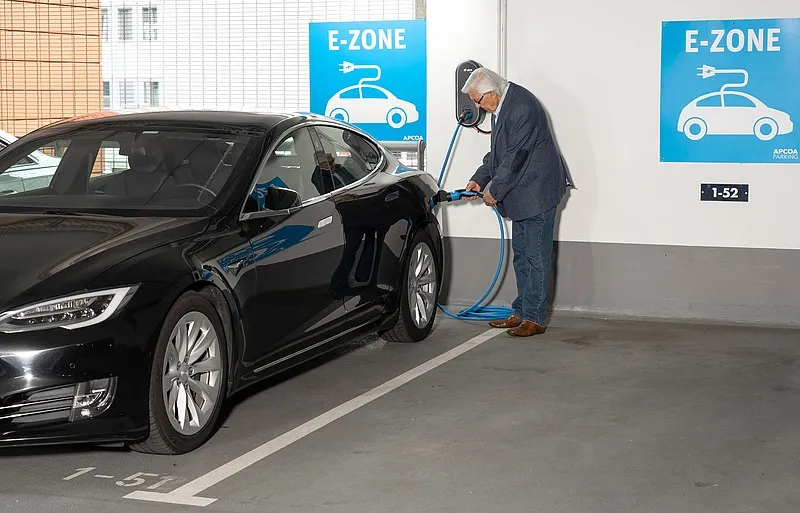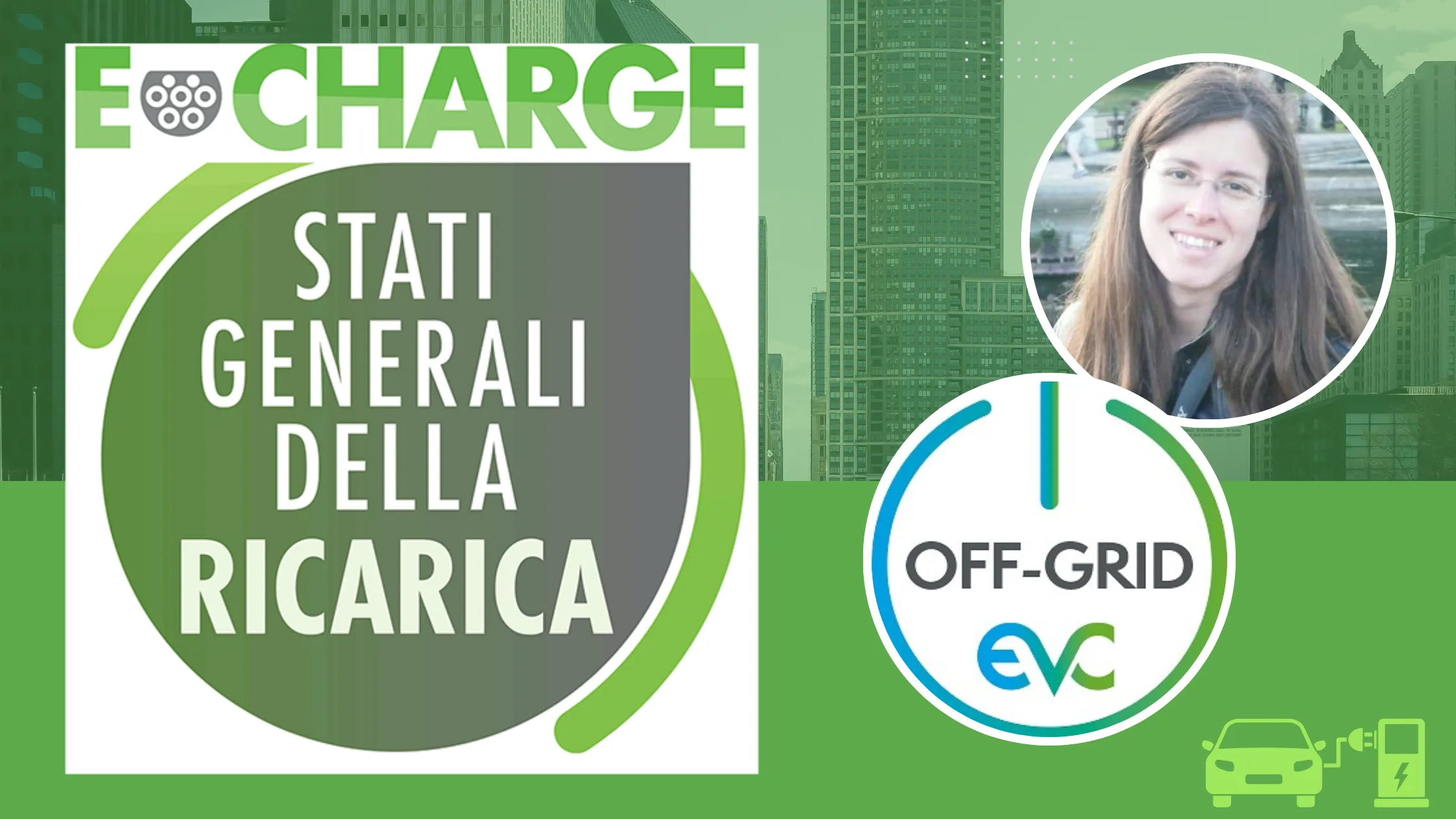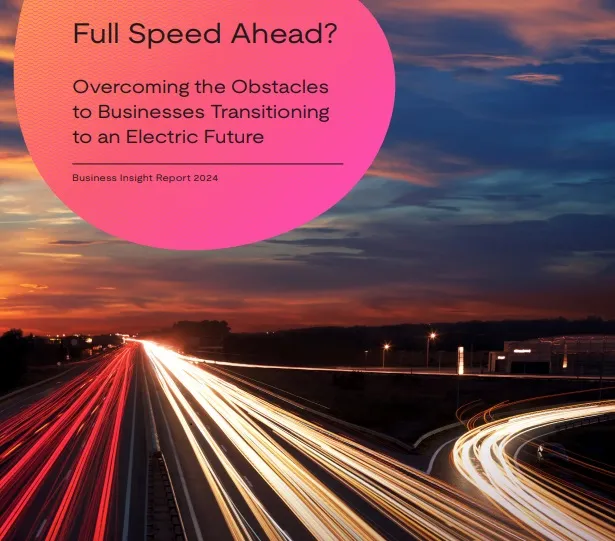
As part of its new EV strategy, Apcoa says it will make the investment to expand its AC charging infrastructure and become a leading EV charging operator. In parallel, strategic partners from the automotive industry as well as energy and charging infrastructure providers will deploy an additional 1,000 fast-charging stations across the company’s dense location network.
A new digital platform developed by Apcoa will support the charging infrastructure which will be ready for non-proprietary hardware and can be operated independently of charge point ownership.
“The transition to electric mobility as the dominant technical solution in road traffic is an irreversible trend. EV charging infrastructure thus represents a major component of the transformation of Apcoa’s car parks into urban hubs,” said Philippe Op de Beeck, CEO of Apcoa Parking Group. “For customers, the extended service infrastructure will increase the attractiveness of our locations. For us as an operator, we see substantial revenue potential from upgrading our parking sites with EV charging and other urban services."
In keeping with its commitment to carbon neutral solutions, APCOA’s charging infrastructure will run primarily on green energy.
To date, around 2,500 EV charging stations are available in car parks operated by Apcoa. Based on data collected from these charging stations, the company expects the demand for charging stations to further increase significantly soon, as the number of EVs continues to grow. The business generated by this new charging infrastructure aligns well with Apcoa’s core parking business. It offers users attractive value-added functionality and complements the wide range of additional services in the fields of urban logistics, mobility, and technology services. The offering is being provided on a site-specific basis under the Apcoa Urban Hubs brand.









